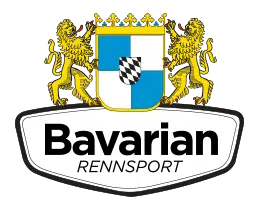Porsche PDK Transmission Common Problems, Symptoms & Repairs
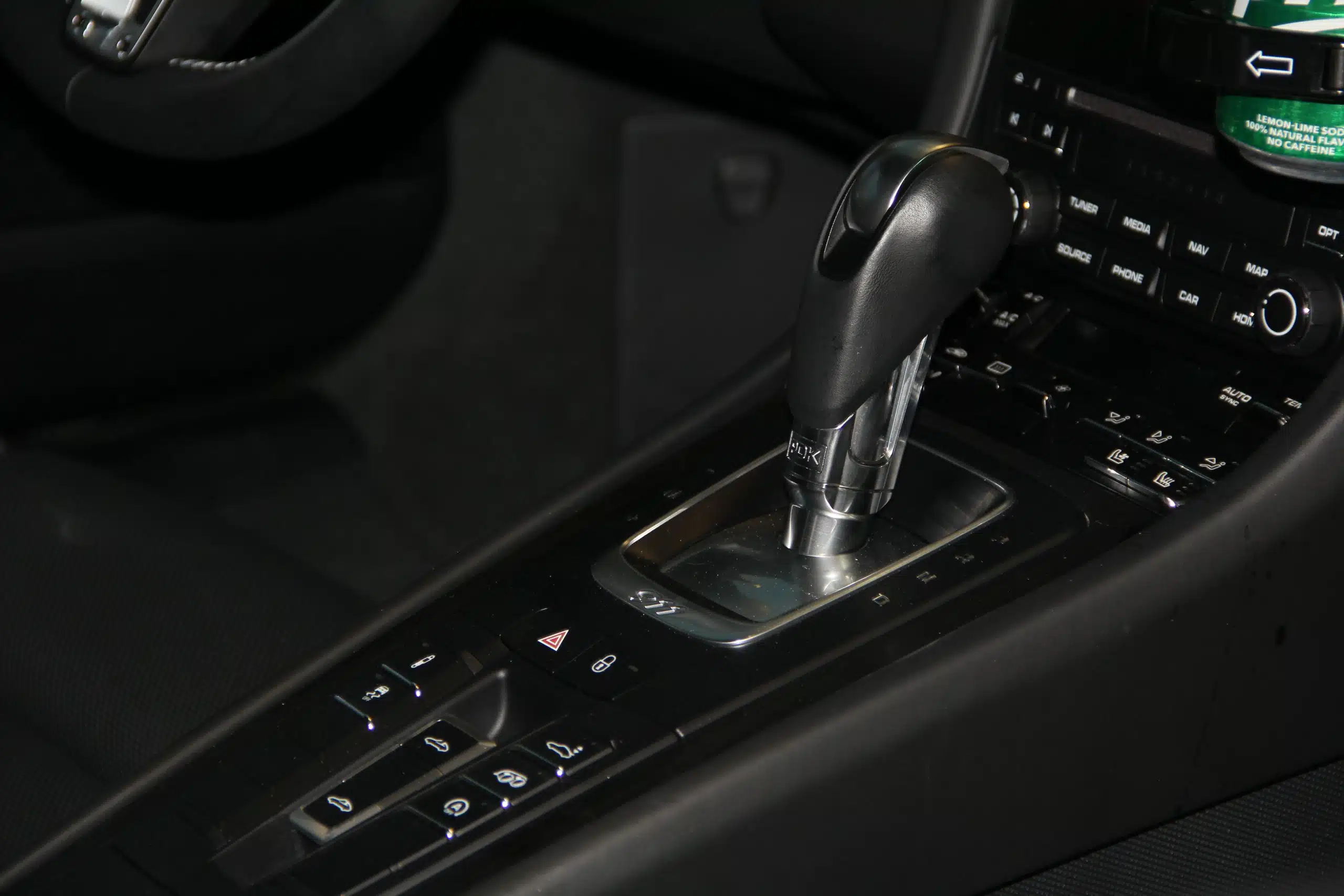
One of the defining traits of Porsche models like the 911, Cayman, Panamera, and Boxster is their Porsche PDK transmission. By using a pair of clutches, it shifts gears almost instantaneously and without the roughness of a conventional automatic. To many drivers, that lightning-quick, seamless action is the highlight of their Porsche.
Yet even this advanced gearbox can develop issues. Over time, Porsche PDK transmission units may start to shift erratically. If you’ve noticed hesitation between ratios or a refusal to engage when the transmission is hot, it’s a sign you should act.
In this guide, we’ll explain what sets the Porsche PDK transmission apart, outline the most common warning signs of trouble, and walk through what happens during diagnosis and repair.
Let’s begin.
For professional Porsche repair and service in Jacksonville, FL book with Bavarian Rennsport.
What Differentiates Porsche PDK Transmissions?
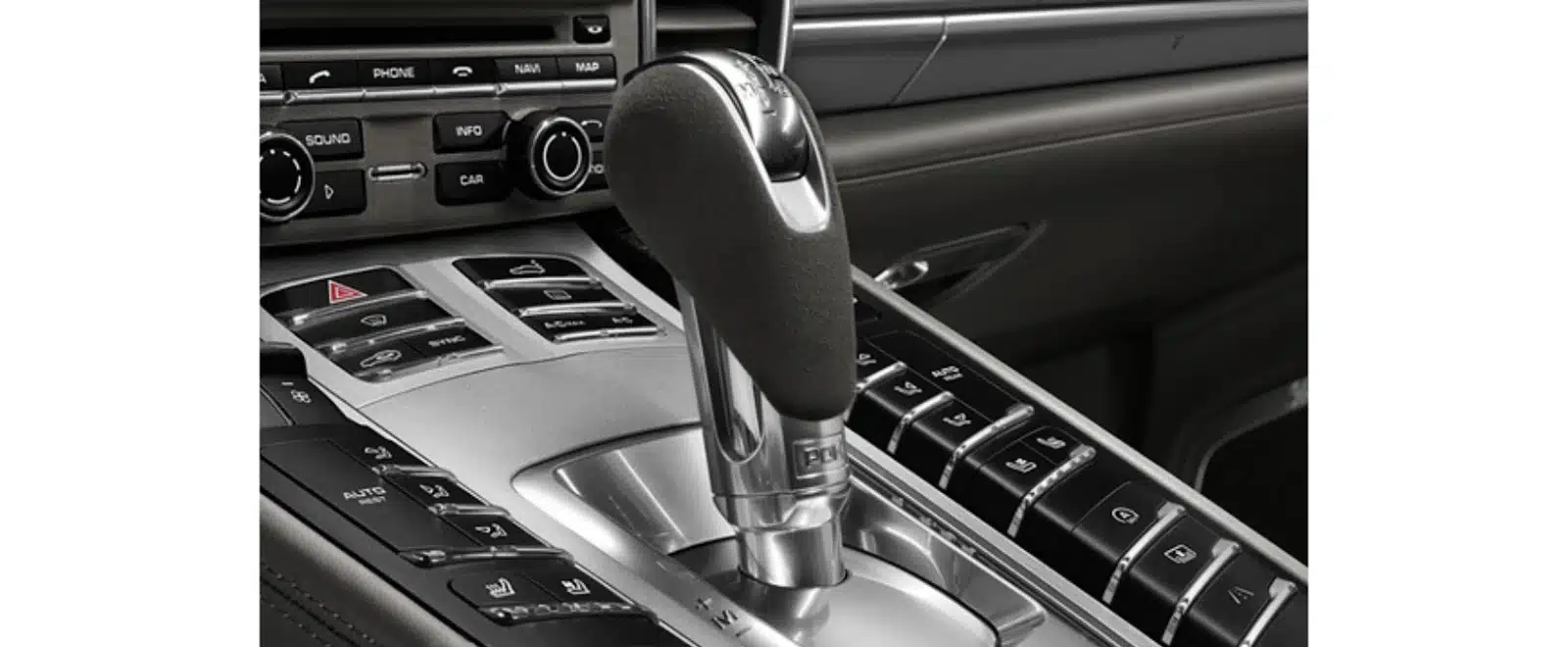
Porsche’s PDK (Porsche Doppelkupplungsgetriebe, or “double-clutch” transmission) transmission merges the rapid shifts of a manual race gearbox with the smoothness of an automatic. Instead of a single torque converter, it uses two separate clutches; one handling odd gears, the other handling even gears, so the next ratio can be pre-selected before you shift. That design delivers virtually uninterrupted power under acceleration, which is why PDK-equipped Porsche transmissions often outpace their manual siblings in 0-60 runs. The same precision that makes it so responsive also adds complexity. When faults arise, they can be subtle at first.
Porsche PDK Transmission Common Warning Signs of Failure
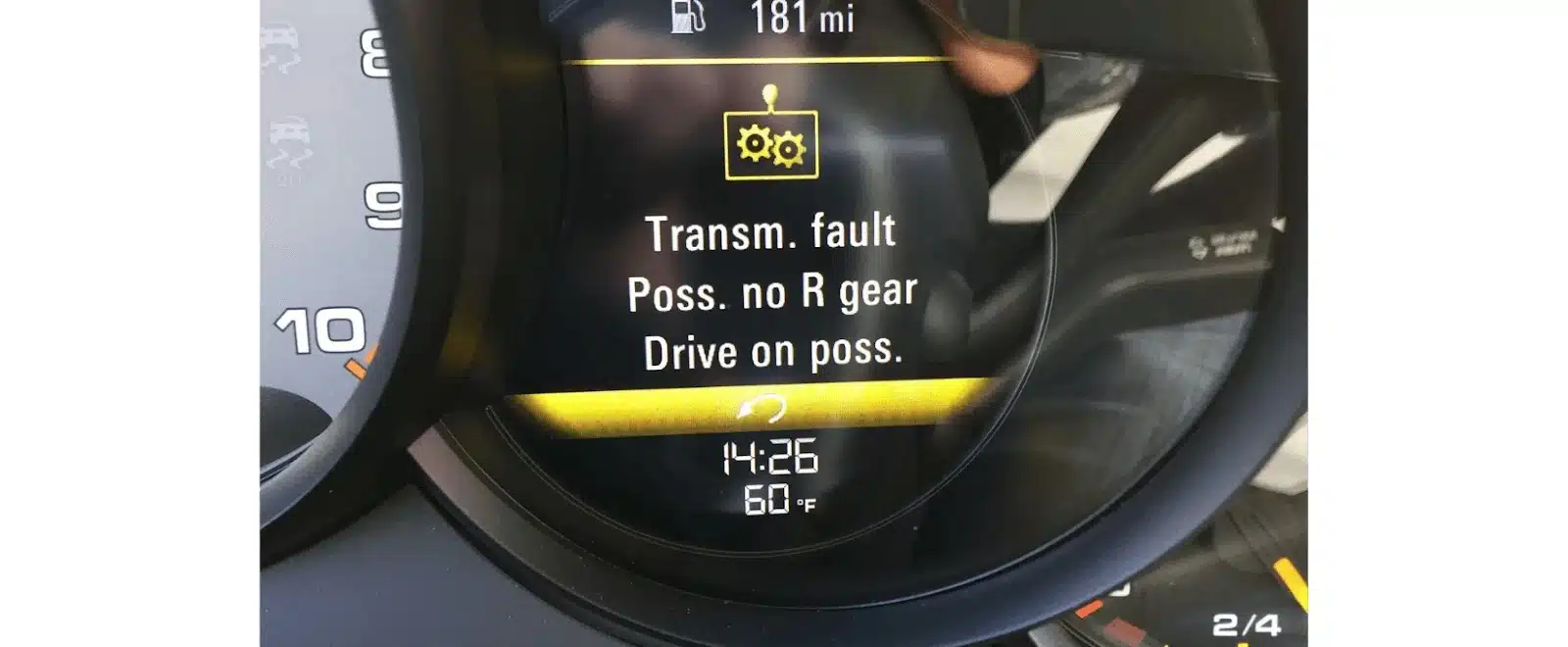
Many Porsche PDK transmission owners do not notice problems until the gearbox reaches operating temperature. Keep an eye out for these early indicators:
Gears not engaging when hot After driving for 10 to 20 minutes, the transmission may suddenly go limp, often in first, third, or fifth gear, but then return to normal once it cools down.
Warning for “Emergency Run” This dashboard alert disables performance functions and locks the transmission into a safe mode. Restarting the engine may clear it temporarily, but it usually recurs more often over time.
Delayed or jerky shifting Any hesitation before a gear engages, harsh transitions, or inconsistency during acceleration can point to early clutch slippage or a loss of hydraulic pressure.
Intermittent faults that reset themselves If your Porsche PDK transmission seems to fix itself after a restart, don’t be fooled. Repeated resets strongly suggest an underlying heat-related or pressure issue.
Diagnosis: Electronics vs. Mechanics
When a Porsche PDK transmission misbehaves, it can be tempting to assume the worst. Porsche technicians use factory diagnostic tools to determine whether the root cause is electronic controls or mechanical wear. These fault codes are especially telling:
• P17B1 / P17B2 – Clutch pressure faults (Clutch 1 or Clutch 2), often heat-triggered
• P0846 – Clutch pressure sensor error, indicating a hydraulic monitoring issue
• P0700 – General transmission fault, usually a pointer to more specific codes stored deeper in the control unit
Common Electronic Failures
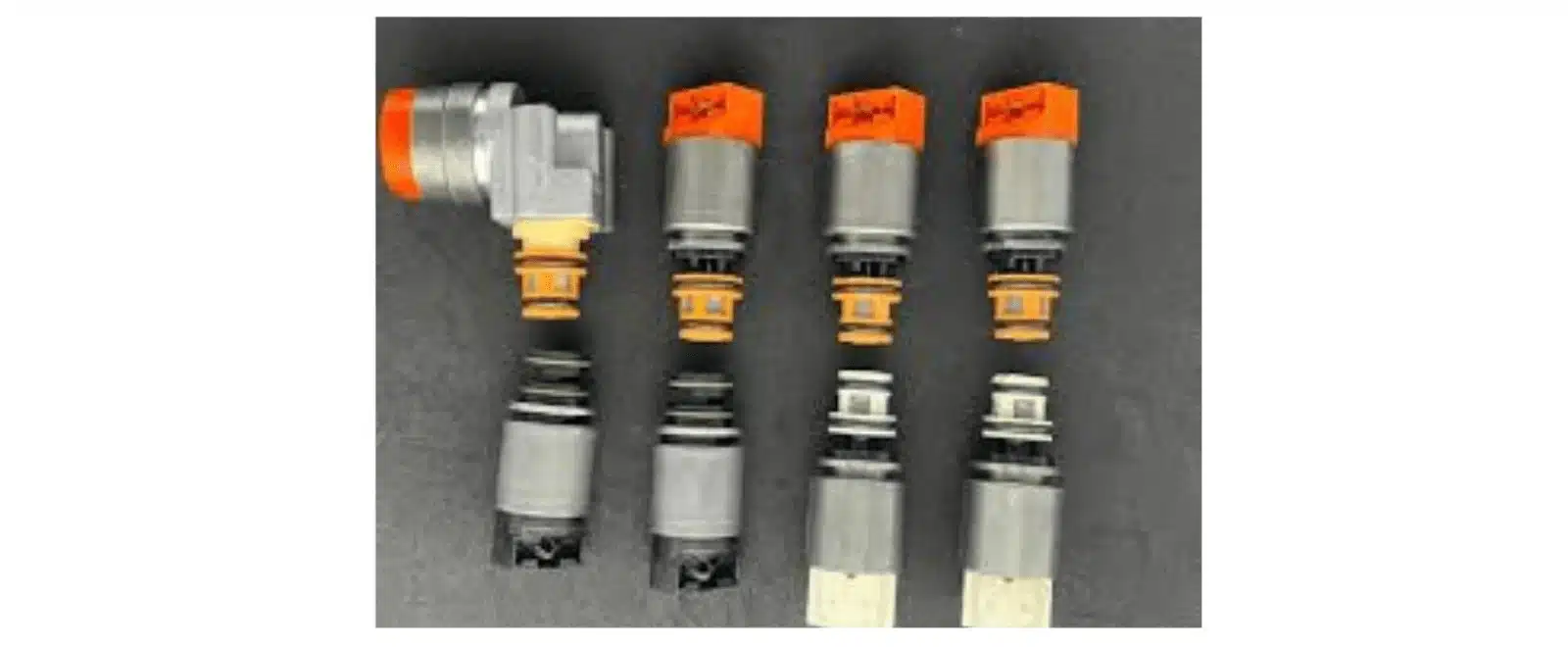
Solenoid Pack Faults: These valves control hydraulic pressure. When they fail, especially once fluid heats up, clutch engagement becomes erratic.
Clutch Pressure Sensor Failures: Bad sensors misreport hydraulic pressure to the control unit, causing gear-engagement errors even without a stored fault code.
Heat-Sensitive Leaks or Misreads: As fluid temperature rises, aged seals or failing sensors may leak or misinterpret data, leading to pressure drops and gear disengagement.
Mechanical Components
Clutch wear: After high mileage or frequent stop-and-go driving, clutch packs can slip under load and shudder at low speeds.
Fluid degradation: Over time, heat cycles and contaminants break down Porsche PDK transmission fluid, reducing lubrication and hastening both mechanical and sensor failures.
Porsche PDK Transmission Diagnostics
Without Porsche’s PIWIS diagnostic system, even the best technicians can only guess at the root cause. If your Porsche PDK transmission is acting up in Jacksonville, FL, book a full PIWIS-based diagnostic at Bavarian Rennsport. Not local? Transport your car to us!
Preventative Maintenance & What Helps
You can’t guarantee a Porsche PDK transmission will run trouble-free forever, but regular maintenance and savvy driving habits go a long way, especially in hot climates like Jacksonville, FL.
1. Regular Porsche PDK Transmission Fluid Changes Help
Although Porsche recommends fluid changes every 12 years or 120,000 miles, many specialists advise an interval closer to 60,000 miles, particularly for stop-and-go driving or warm regions. Fresh fluid helps to maintain stable clutch pressure, reduce wear on solenoids and sensors and delay heat-induced seal degradation. It won’t undo existing damage, but it can slow new wear and help prevent future issues.
2. Cooling Systems
High transmission temperatures often trigger gear disengagement or warning lights. Some Porsche models feature an auxiliary transmission cooler. If yours doesn’t, consider upgrading or having the existing cooler inspected by a specialist.
3. Driving Habits That Help
Avoid creeping in Drive: When stopped for longer than a few seconds, such as in heavy traffic, shift to Neutral or Manual mode to reduce clutch wear.
Let the transmission warm up: Just as you would with engine oil, allow the Porsche PDK transmission fluid to reach operating temperature before applying heavy throttle.
No sudden throttle from a stop: Aggressive launch forces excess load on the clutches. Smooth acceleration preserves their life.
Can I fix my Porsche PDK transmission without replacing it?
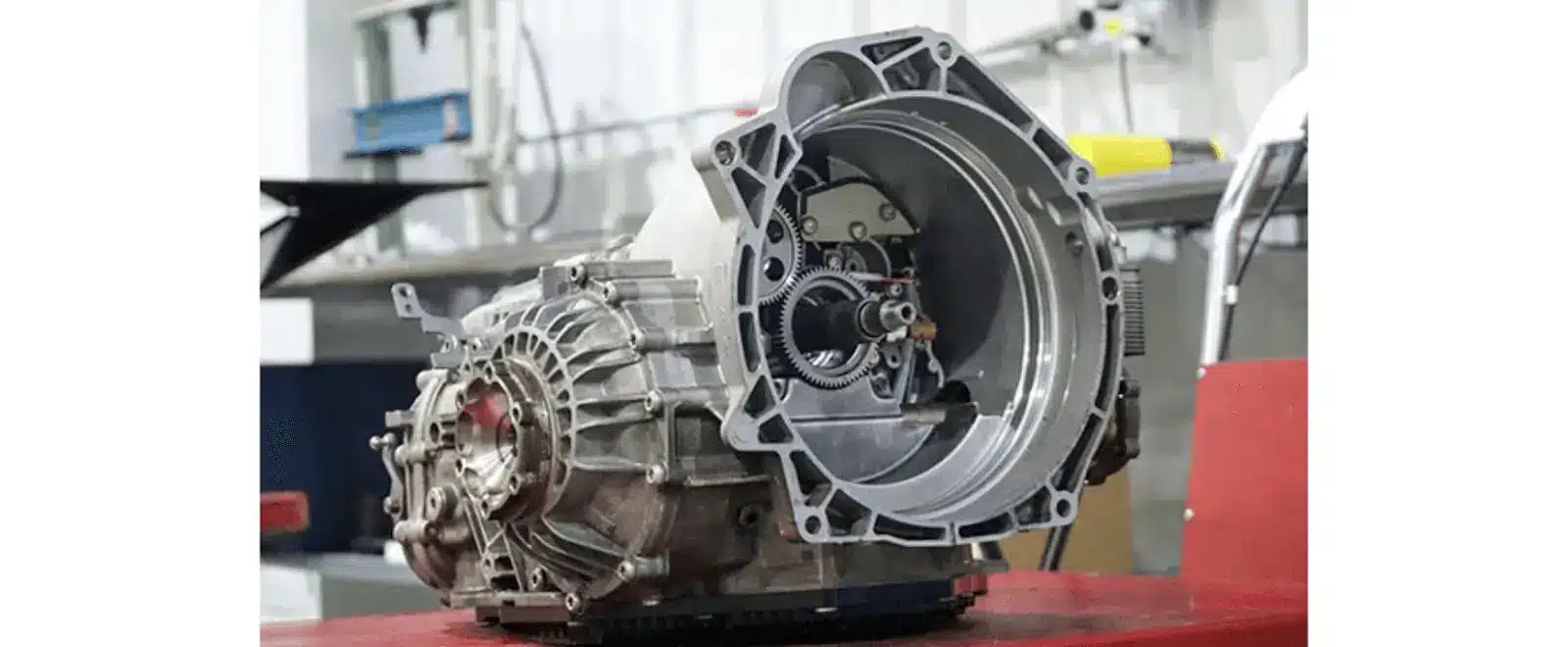
At dealerships, the standard line is replacement only, Porsche does not sell internal Porsche PDK transmission components, so a failed unit is typically swapped at great expense. Thankfully, the Porsche master technicians at Bavarian Rennsport specialize in the Porsche PDK transmission repairs, especially for electronic faults.
Porsche PDK Transmission Repairs at Bavarian Rennsport
Our shop has been tackling Porsche PDK transmission repairs for years. The components that we commonly service include:
• Pressure sensors (P0846)
• Solenoid packs (linked to P17B1/P17B2)
• Clutch packs (though genuine Porsche parts are rare)
In select cases, ZF (the OEM behind Porsche PDK transmission) parts sourced from Europe allow refurbishment rather than full replacement.
Recalibration Is Required
Any mechanical fix must be followed by a PIWIS-based calibration. Without factory-level software, the transmission control unit won’t recognize new parts or adjust its pressure and engagement settings.
Refurbished & Used Porsche PDK Transmissions
Buying a salvaged Porsche PDK transmission unit may seem budget-friendly, but it carries risks:
• Compatibility varies by model year and engine variant.
• Internal wear is impossible to gauge without a teardown.
• Reinstallation still requires ECU pairing and factory coding.
Only pursue this route with Bavarian Rennsport. We can verify the unit’s history and perform proper coding.
When to Get a Professional Diagnostic From Bavarian Rennsport
Inconsistent or delayed shifts – Even occasional jerks or hesitation, especially once warm can point to early solenoid or pressure loss issues. Only a full scan reveals the stored fault codes.
Fault codes P17B1, P17B2, or P0846 – These codes typically indicate clutch-pressure irregularities or solenoid failures and often coincide with limp-home mode.
Problems only when hot – Cold starts may hide heat-sensitive failures in seals, sensors, or solenoids. Loss of drive after 10 to 20 minutes of use is a telltale sign.
Mileage over 80 000–100 000 without fluid service – If you’re past this range on original Porsche PDK transmission fluid, a diagnostic check and fluid analysis can head off more severe damage.
Schedule Your Porsche PDK Transmission Inspection in Jacksonville, FL Today
Porsche PDK transmission faults rarely resolve themselves. The sooner you diagnose heat-related failures or hydraulic faults, the more affordable the repair. At Bavarian Rennsport, our technicians use PIWIS to pinpoint the exact cause, whether it’s a solenoid pack, pressure sensor, or fluid issue, and perform every step of Porsche PDK transmission care with factory-level precision.
Schedule your Porsche PDK transmission inspection in Jacksonville, FL today.
Frequently Asked Questions About Porsche PDK Transmissions
Is it possible to repair or rebuild a Porsche PDK transmission?
Sure, but dealerships usually don't handle that. Porsche typically suggests a full replacement instead of a repair, and they don't offer internal parts separately. That said, some independent specialists can actually rebuild Porsche PDK transmission units with parts supplied by ZF, the company that makes the transmission. Repairs often include replacing the clutch pack, fixing solenoids, or swapping out pressure sensors, but how well it works really hinges on getting the recalibration right.
What are the initial indicators of Porsche PDK transmission failure?
Initial indicators are things like rough shifting, a pause when coming to a stop, and strange actions that seem to fix themselves after restarting the engine. Often, problems start showing up once the car gets to its normal operating temperature. Warning signals, including "Transmission Emergency Run," or error codes like P17B1 and P17B2, are serious warnings that a Porsche transmission specialist in Jacksonville needs to take a look at the car right away.
Why does my Porsche run smoothly when it's cold but start acting weird when it warms up?
This usually happens because of heat-sensitive problems in the clutch control solenoids or pressure sensors. When the transmission fluid gets hot, it can cause weakened seals or worn-out electronic parts to start failing, which leads to inconsistent clutch pressure and gear engagement.
Is it necessary to change Porsche PDK transmission fluid?
Sure, even though Porsche initially recommended a 12-year or 120,000-mile interval, a lot of seasoned owners and independent mechanics suggest swapping out the clutch and gear oil at about 60,000 miles. This helps avoid long-term wear and problems caused by heat, particularly in hotter areas like Florida.
How long can you expect a Porsche PDK transmission to last?
With the right care, many Porshe PDK transmission units can easily surpass 100,000 miles. That said, cars that undergo tough driving, are in hot climates, or don’t get regular maintenance might face clutch wear or electronic problems earlier. Keeping up with fluid changes and driving sensibly can really help prolong their lifespan. If you have more questions about your Porsche, feel free to call (904) 270-9390.
Book Appointment
Please be advised that in the event of any unexpected wait time other clients' vehicles may take longer than expected to diagnose and treat so unfortunate delays do occur. We will get to your vehicle as soon as possible.
